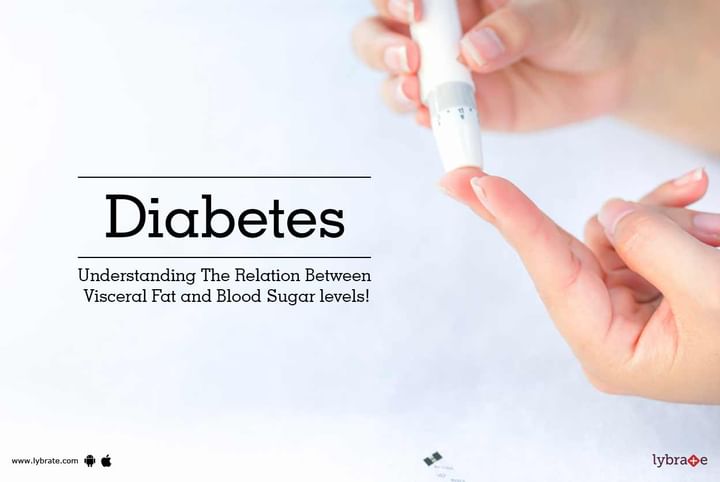Diabetes - Understanding The Relation Between Visceral Fat and Blood Sugar levels!
Diabetes, the new-age disease, has assumed the name of a modern epidemic. With changes in foods and physical activity being the main drivers of its increased incidence. The age of onset is lowering, the severity of the disease is increasing, complications are becoming severe. It is assuming dangerous proportions. People with diabetes are constantly on the watch before eating anything.
How does diabetes happen? There are two sides to it.
The body needs energy for every single activity that it does from moving a finger to smiling. The food that we eat contains sugar and is the main source of this energy. As the amount of food provided increases, there is more amount of energy (sugar) than required. The body converts this to fat and stores it as visceral fat
Insulin is a hormone produced by the pancreas, which sends signals to the body to absorb the blood sugar from the bloodstream. Two things can happen there could be less insulin produced, so there is more sugar in the blood. Secondly, there could be what is known as insulin resistance, where the tissues do not recognise insulin and do not absorb the sugar for storage. In both cases, the blood sugar levels go up, leading to increased incidence of diabetes. On the other hand, the extra sugar that is absorbed is converted into fat by the body and stored. The visceral fat, which is fat in the subcutaneous layers of the skin, is all the extra sugar that is consumed.
Vicious cycle:
- More sugar consumed, leads to more blood sugars
- More sugar consumed, leads to more visceral fat, as the body only requires so much energy for regular activities
- When engaged in physical exercise, this visceral fat accumulation is reduced, as more energy is required for exercise
- With reduced exercise, the result is increased visceral fat and higher sugar levels
- Insulin resistance adds to this effect of higher sugar levels
- With processed/packed/refined foods being consumed widely, the amount of visceral fat is on the rise. They also lead to insulin resistance.
- So, while on one hand, the direct sugar levels are high, on the other, the body’s natural response to control sugar is also impaired
- To manage both, a three-pronged approach is essential – reduce refined foods, improve fiber intake, and improve exercise
- A diet rich in whole fiber does not lead to as much sugar level increase or fat formation
- A diet rich in whole grains, vegetables, dairy, and fat is preferable to beat this cycle along with an active exercise regime
- Monitoring sugar levels and insulin resistance is a must until they are brought under control. If you wish to discuss about any specific problem, you can consult a Cardiologist.



+1.svg)
